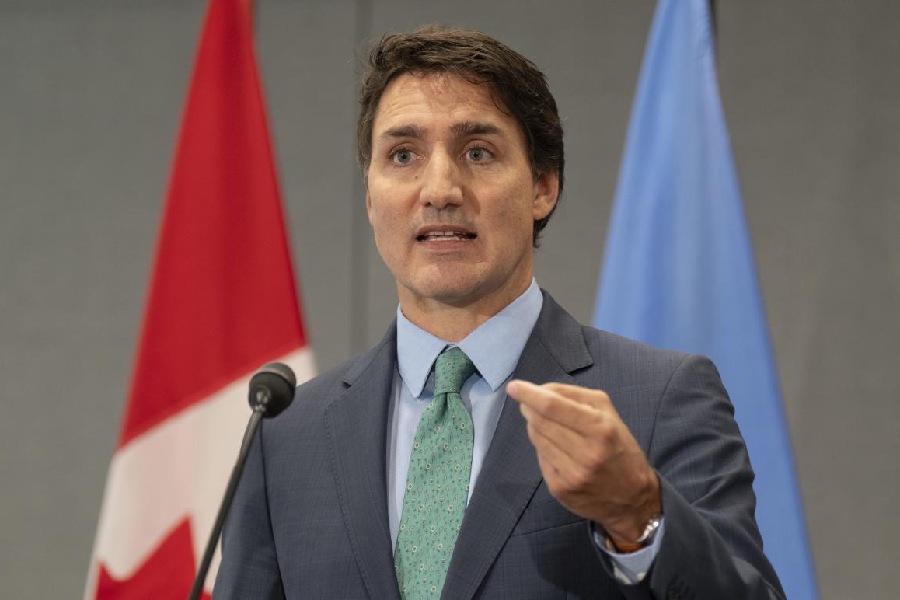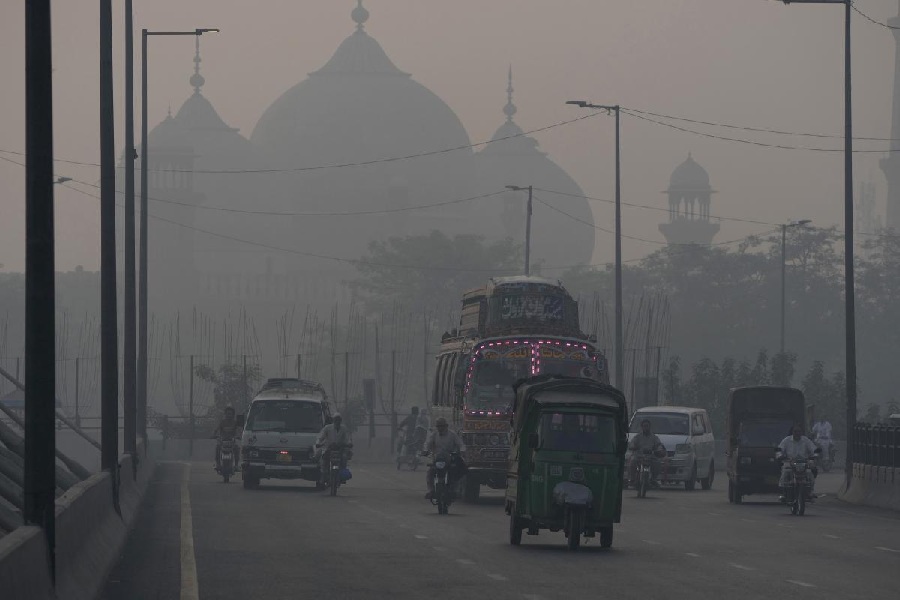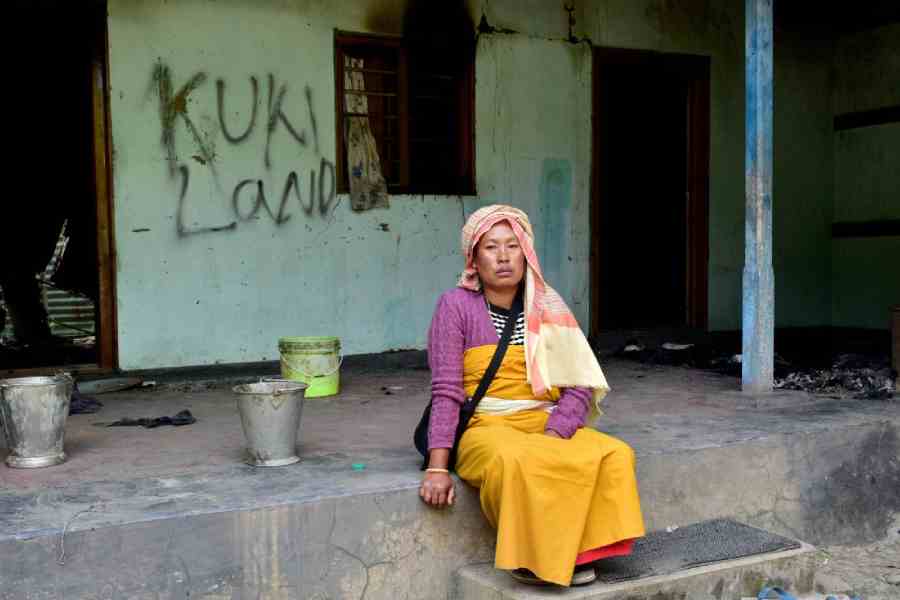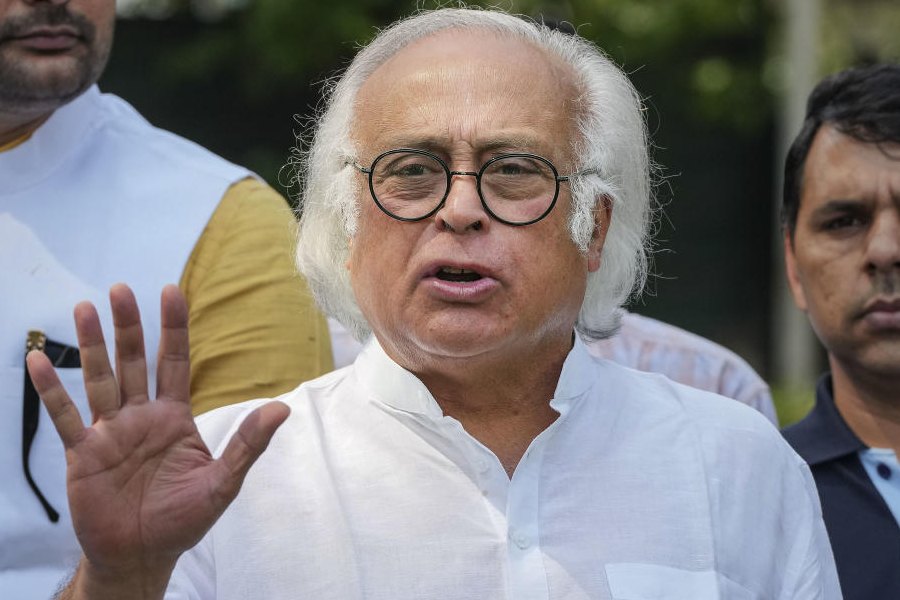Visa agents are seeing an uptick in Indian students going to Europe and Australia against the backdrop of the changes in Canada’s visa regime that no longer appears as welcoming as before.
Last week, Canada ended its fast-track student visa regime under which the majority of Indian students went to study in that country in 2023. The Student Direct Stream (SDS) and Nigeria Student Express schemes which covered 16 countries, including India, had a much shorter processing time and a higher acceptance rate than the regular
visa process.
Last year, Canada tightened its Post Graduation Work Permit (PGWP), a route through which many students found work and eventually became permanent residents of the country. This January, Canada announced a two-year cap on new international student permits, which doesn’t apply to master’s and PhD programmes.
These new norms have prompted a student from Pala in Kerala to withdraw his application from a college in Toronto where he had already paid a semester’s fee.
The student, the son of a farmer and a teacher, did not wish to be named. He wants to go abroad in search of a better life but eventually return home.
The chemistry graduate from a reputable Kerala college told The Telegraph: “I had secured admission for a two-year postgraduate diploma in chemical lab analysis. I decided to withdraw because of the stayback rules (that would have limited his post-college stay in Canada to two years, which too would have been shrouded in uncertainty).”
He added: “My brother is an engineer in Toronto and I had applied on his prodding. He is now on the path to becoming a permanent resident. But with the new PGWP norms, there is no window for me to find a job there after finishing the course. So I have taken admission to an MSc course in pharmaceutical business and technology in Griffith College of Dublin as Ireland offers a two-year work visa after studying.”
External affairs ministry data shows that on January 1, Canada had 4.27 lakh Indian students — more than any other country. This is followed by more than 3.37 lakh in the US, 1.85 lakh in the UK, and more than 1.22 lakh in Australia. In the European Union, Germany, France and Ireland have the highest number of Indian students.
An analysis of immigration data published by the US think tank National Foundation for American Policy in April said: “Between 2016 and 2019, the number of Indian international students enrolled in US universities declined by 13 per cent but increased by 182 per cent at Canadian universities…. More restrictive immigration and international student policies under the Trump administration and the difficulty of obtaining green cards in the United States were significant factors.”
Jessy Jose, a consultant with Loyola Global Careers in New Delhi, had 50 students applying for study opportunities in Canada last year. This year she had four.
“Most students were going for diplomas in business management or data analytics. Today, France, Ireland, New Zealand and Australia are the most sought after…. The SDS processes study permit applications in just four weeks, compared to the regular processing time of several months for non-SDS applicants,” she explained.
The non-SDS route, however, is cheaper. The tightening of the visa regime comes at a time when the Canadian government is under pressure to reduce new immigrants.
In September, Canadian Prime Minister Justin Trudeau had posted on X: “We’re granting 35 per cent fewer international student permits this year. And next year, that number’s going down by another 10 per cent…. Immigration is an advantage for our economy — but when bad actors abuse the system and take advantage of students, we crack down.”
Jose pointed out that the lure of Australia among students had lingered despite visa norms that are stricter than those in Europe. An Australian high commission spokesperson said enrolment ofIndian students shot up by almost 29 per cent in 2023. As of August, the Australian education department pegs the number of Indian students there at 1.33 lakh, second only to the Chinese — more than 1.74 lakh.
Amit Nagpal, a travel agent in Chandigarh-satellite Panchkula, told this newspaper: “When students go abroad, their parents follow to visit them and so on. The series of visa restrictions in Canada has reduced my business by around 15 per cent since April. The UK is the most popular among my clients this year. Last year, I facilitated around 100 trips to the UK. This year, I have done 180 already, which has almost covered the loss in Canada.”











